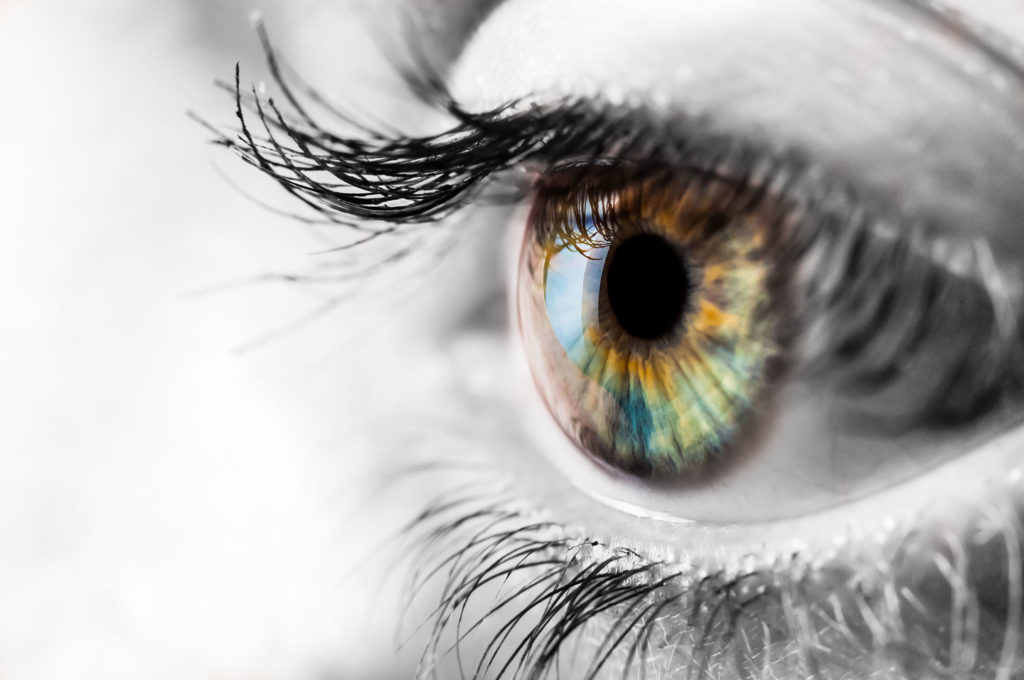The Cornea
In order to function correctly, the cornea must remain clear and properly lubricated by tears. Many conditions can cause the cornea to not function well, including dry eye, infections, injuries, and certain conditions like keratoconus and Fuchs’ dystrophy. In addition, corneal issues can prevent comfortable contact lens wear, and improperly fitted or worn contacts can lead to corneal infections.
Cornea surgery
In the past, serious corneal problems could only be treated with a full corneal transplant. Transplants often left vision blurry and difficult to correct, and took months to recover from. In the last decade a major improvement known as DSAEK has become the procedure of choice in most corneal conditions. In DSAEK, only a small portion of the back of the cornea is transplanted through a small incision. Recovery is rapid, and vision is typically correctable with glasses.
Keratoconus is another common cause of vision loss due to the corneal disease. In keratoconus, the cornea gradually becomes thinner and bulges out of shape, leading to distorted vision. Keratoconus is typically managed with specialized contacts, which our doctors have years of experience in fitting. In some advanced cases, the only option to restore vision is a corneal transplant.
When caught early, keratoconus can be treated with an outpatient laser procedure known as Corneal Collagen Cross-Linking, or CXL. CXL strengthens the cornea so it resists becoming thin and distorted. CXL can slow and sometimes stop progression of keratoconus, and can improve overall vision for patients.

